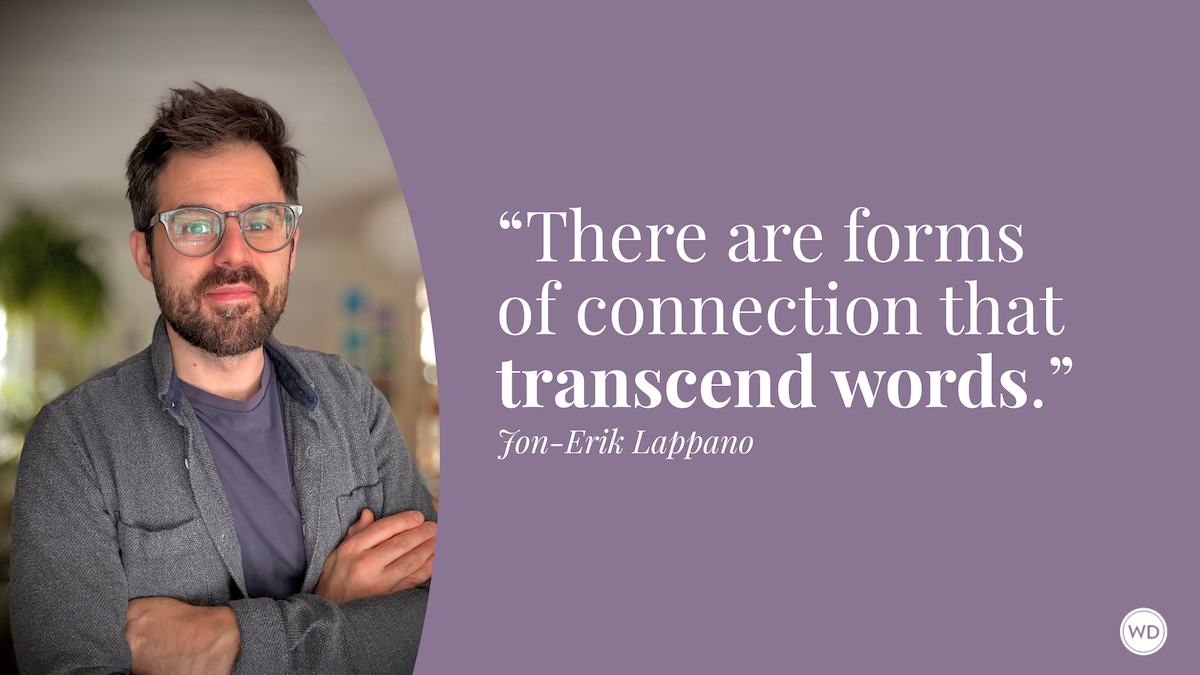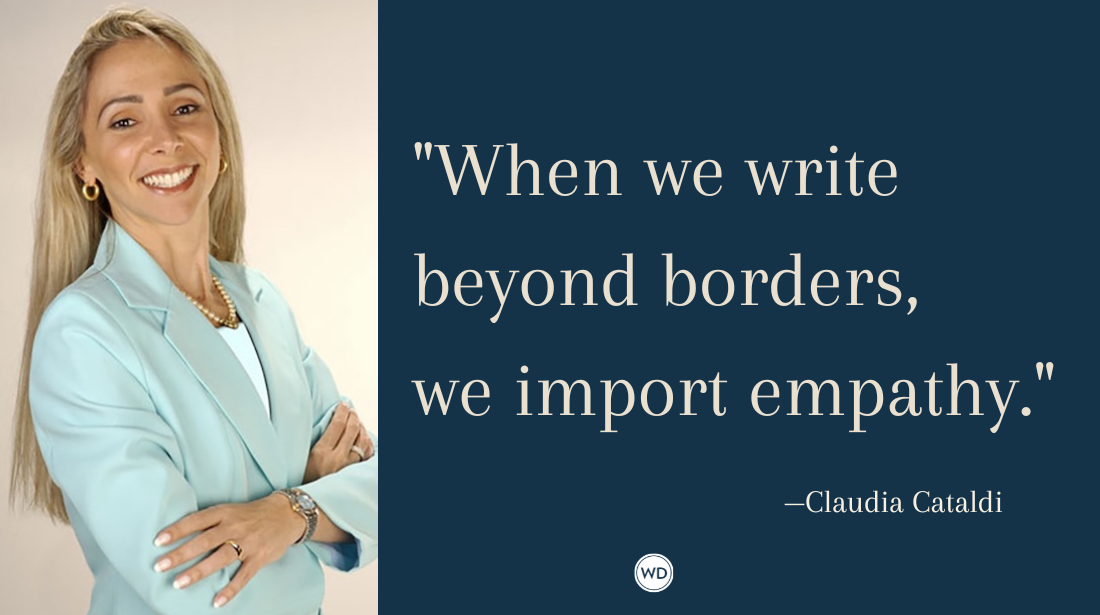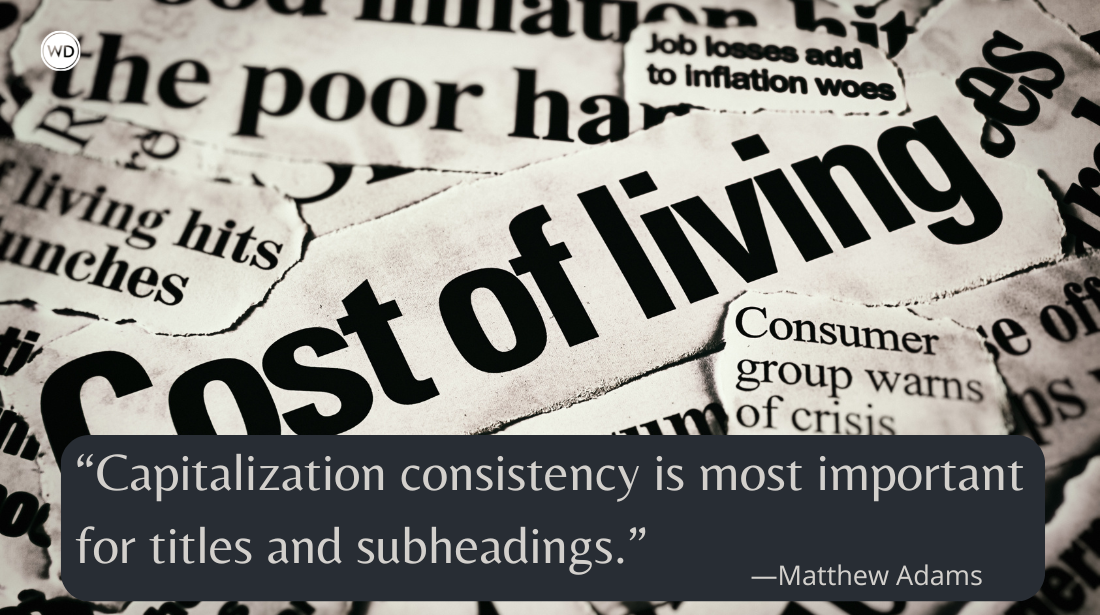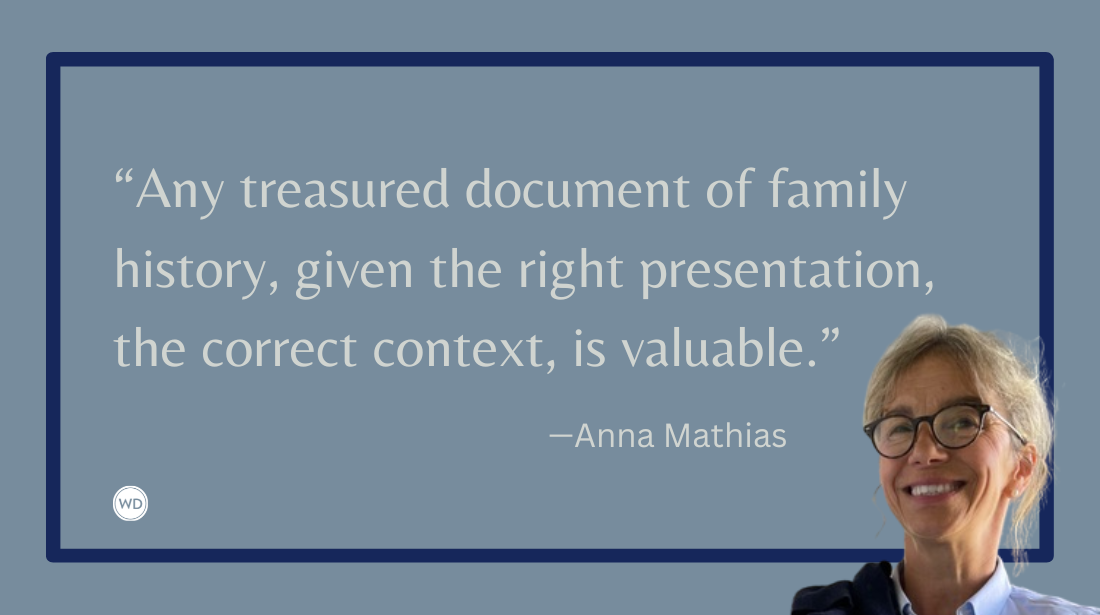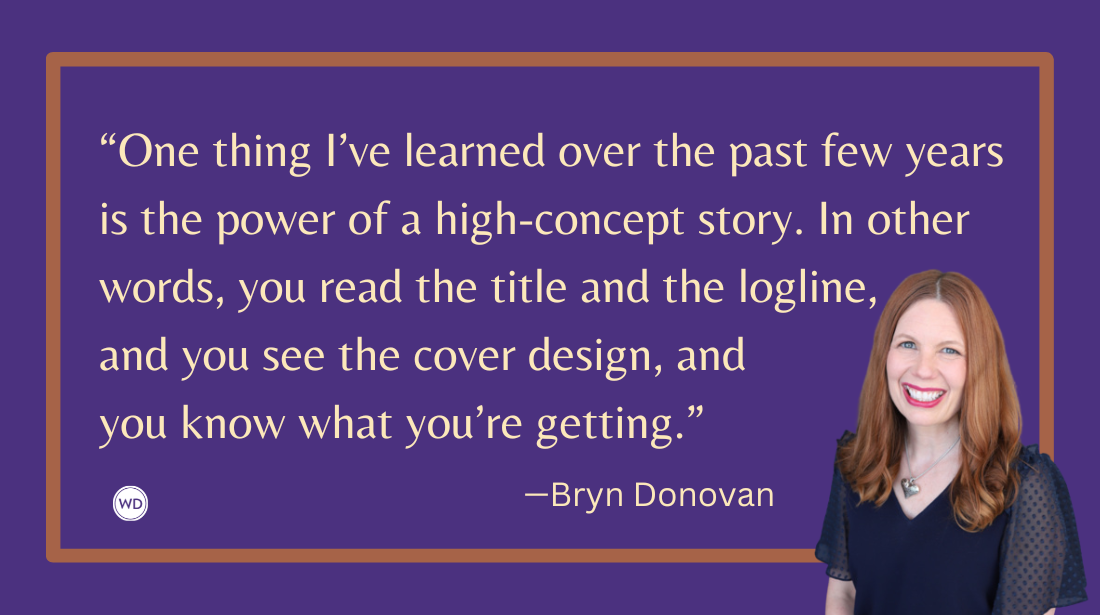Richard Hurowitz: On Finding Heroism in History
Author Richard Hurowitz discusses the process of writing his new history book, In the Garden of the Righteous.
Richard Hurowitz is a writer and entrepreneur. He is the founder and publisher of the Octavian Report. His writing has appeared in the New York Times, the Financial Times, the Wall Street Journal, the Times of London, the Los Angeles Times, Time, History Today and the Jerusalem Post.
He is a graduate of Yale University, where he studied history, and Columbia Law School. He lives in New York City with his family. Find him on Twitter, Facebook, and Instagram.
In this post, Richard discusses the process of writing his new history book, In the Garden of the Righteous, the surprises he found along the way of his research, and more!
Name: Richard Hurowitz
Literary agent: Jennifer Joel (CAA)
Book title: In the Garden of the Righteous: The Heroes Who Risked Their Lives to Saves Jews During the Holocaust
Publisher: HarperCollins
Release date: January 24, 2023
Genre/category: History
Elevator pitch for the book: Against the backdrop of World War II and the Holocaust, when millions perished at the hands of the Nazis, some very few but very majestic glimmers of light shone through: Those who risked their lives to save the persecuted. My book tells 10 dramatic and largely unknown stories of rescue across Europe—from a Japanese diplomat to a Polish social worker to 10 British POWs—which saved hundreds of thousands of lives, from famous refugees to orphaned children.
IndieBound | Bookshop | Amazon
[WD uses affiliate links.]
What prompted you to write this book?
I had been interested in stories of rescue and resistance during the Holocaust since college, but in the last few years I began writing about some that had particularly inspired or fascinated me for major newspapers. They struck an extremely positive chord and were shared widely, I think because in our difficult times we are all seeking stories of inspiring, courageous, and kind people, and these occurred at a moment in history that was probably the worst.
But other than Oskar Schindler and Raoul Wallenberg, almost no Holocaust rescuers are well-known outside historians’ circles. So, I decided to bring some of their stories to a wider audience in part to inspire people and in part because I believe they deserve to be remembered and acknowledged.
How long did it take to go from idea to publication? And did the idea change during the process?
That depends on how you mark when the idea began. In some ways, it has been with me since I was in college almost 30 years ago and came across the story of the White Rose, which begins the book. I think I really had the idea for the book, however, around four years ago and my agent found our amazing publishers at Harper just before COVID.
The main aspect of the book that changed was that there were initially going to be more stories, but in order to tell them all in sufficient detail we had to send some to the cutting-room floor or we would have had an encyclopedic-length work. I do touch on some of these other stories in the introduction and conclusion, where I also tried to look for lessons that can help foster more of this altruistic behavior and make the world a better place.
Were there any surprises or learning moments in the publishing process for this title?
Publishing is a wonderful industry culturally, and the amount of positive support I received from so many people who were involved in bringing this book to fruition was heartening. Coming from a business background, I was inspired to see a community that really cares about the creative process and letting the artistic and scholarly take precedence over everything else.
I learned a great deal from my editor about the power of excision and believe the book is stronger because of it. I was also stunned at the encyclopedic knowledge of my fact checkers.
More prosaically, in retrospect I would have done a better job of tracking and formatting my citations along the way as the research was massive and mushroomed as it would have avoided a lot of back-end clean-up, but all’s well that ended well, even if getting there was more painful than it had to be.
Were there any surprises in the writing process for this book?
So many, but that is the process I think with any book, particularly a book of history. One thing that stands out in researching virtually every story is that people’s recollections of events, even almost directly after the fact, often differ from other eyewitnesses’, and the historian’s job is to try to figure out in good faith and objectively what actually happened or likely happened.
COVID definitely was also a curveball, but I am lucky that I was able to access so much material digitally and am grateful to those archivists, rescuer family members, and librarians who went out of their way to help. The power of these stories and the almost universal modesty of the heroes who I wrote about never ceases to surprise me.
Also, speaking to the children of some of the rescuers and seeing how complex their parents were as people—they were by no means all saints—was fascinating and actually gave me more hope that all of us can do great things for the world. Finally, learning that I actually personally knew several people who were alive today because of one of the rescuers I was writing about, who had saved their parent or grandparent, was truly powerful.
What do you hope readers will get out of your book?
I hope above all that they will find it inspiring and that also they will find these true-life stories as absorbing and dramatic as I do. Many of them are cinematic or set-piece in feel—from hiding in a circus to the exploits of one of the greatest Italian cyclists to the horrorscape of the Warsaw Ghetto, to the great exodus from Paris in 1940 and the rescue flotilla from Denmark to Sweden—and I’ve tried to capture them and bring them to life.
I also hope that it will restore people’s faith that even in the worst of times, there are good people, and that by learning about them and what motivated them, we might make the world a better place and combat genocide, hatred, and bigotry.
If you could share one piece of advice with other writers, what would it be?
Do not let others discourage you and do not get discouraged. Writing a book is a big undertaking, but if you have a compelling story to tell and you do it well, there will be an audience for it—and remember that you are doing something to add to the sum total of the world’s culture. It’s creative people that make the world a better place.
Above all, enjoy the process of writing and revision, because you have to experience that for yourself no matter what. Just writing a book is a major accomplishment.





